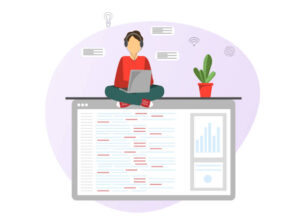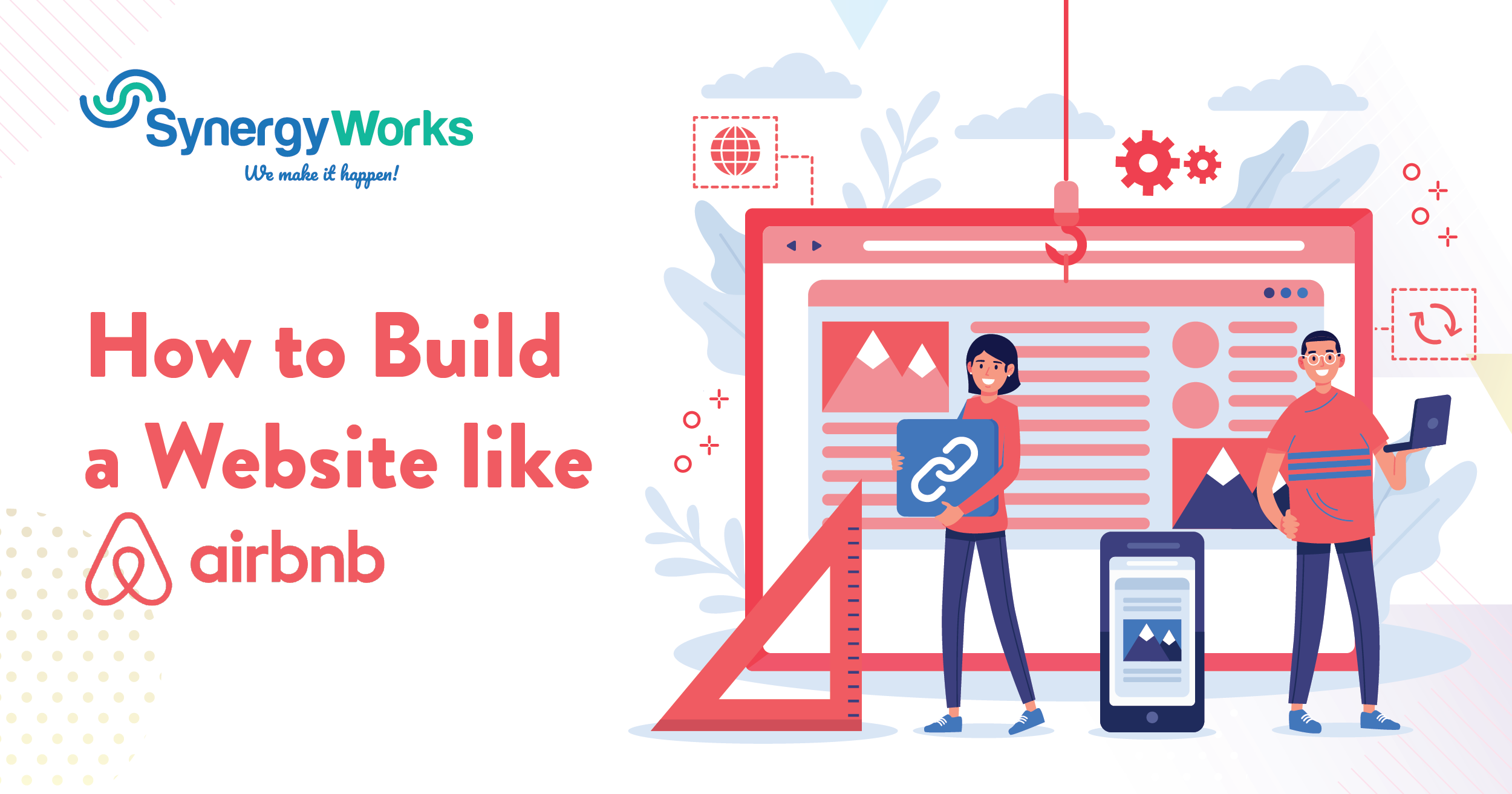The success of Airbnb has revolutionized the way people travel and find accommodations. If you are inspired by the Airbnb concept and want to create your own vacation rental platform, you’re in the right place. Building a website like Airbnb requires careful planning, attention to detail, and a solid understanding of web development. In this article, we will walk you through the key aspects of building a website like Airbnb.
1. Define Your Vision and Strategy

Before diving into the technical aspects, it’s essential to have a clear vision for your website. Consider your target audience, the types of accommodations you want to offer, and any unique features or differentiators you want to include. This will help you outline your strategy and set goals for your project.
2. Market Research

Conduct thorough market research to understand your target audience, competitors, and industry trends. Analyze existing vacation rental platforms, including Airbnb, to identify their strengths, weaknesses, and opportunities. This will help you refine your strategy, identify gaps in the market, and develop a unique selling proposition.
3. Choose the Right Technology Stack

Selecting the right technology stack is crucial for building a robust and scalable website. Consider using a combination of programming languages, frameworks, and databases that align with your project requirements. Popular choices for building a platform like Airbnb include JavaScript frameworks (such as React or Angular), server-side technologies (such as Node.js or Ruby on Rails), and a reliable database system (such as MySQL or PostgreSQL).
4. Design and User Experience

Design plays a crucial role in the success of any website. Aim for an intuitive and visually appealing user interface that provides a seamless experience for your users. Collaborate with a skilled web designer or UI/UX specialist to create wireframes, design mockups, and prototypes. Focus on features such as search functionality, property listings, user profiles, booking flows, and secure payment gateways.
5. Property Listings and Search Functionality

The core functionality of your website will revolve around property listings and search functionality. Users should be able to search and filter listings based on various criteria like location, price range, amenities, and availability dates. Implement a robust search algorithm that can handle large amounts of data and provide relevant results to users.
6. User Registration and Profiles

Allow users to register and create their profiles on your platform. Include features like profile pictures, personal details, and verification mechanisms to establish trust and credibility. Implement a secure authentication system to protect user accounts and ensure the privacy of personal information.
7. Booking and Payment System

Building a reliable and secure booking and payment system is crucial for your website’s success. Enable users to make bookings and process payments seamlessly. Implement features like a booking calendar, real-time availability updates, and a secure payment gateway to handle transactions. Consider integrating popular payment gateways like PayPal or Stripe to offer flexibility to your users.
8. Reviews and Ratings

Implement a review and rating system to encourage trust and transparency among users. Allow guests to rate their experience, provide feedback, and leave reviews for the properties they have stayed in. This will help future guests make informed decisions and build credibility for your platform.
9. Host and Admin Dashboard

Create separate dashboards for hosts and administrators. Hosts should be able to manage their listings, availability, pricing, and communicate with guests. Administrators should have access to an intuitive dashboard to manage the platform, moderate listings and user activities, and handle support requests.
10. Testing and Launch
Thoroughly test your website before launching it to the public. Conduct extensive functional testing, usability testing, and security testing to ensure a smooth user experience. Identify
and fix any bugs or issues that may arise during the testing phase. Once you are confident in the stability and performance of your website, launch it to the world.
11. Continuous Improvement and Marketing
Building a website like Airbnb is an ongoing process. Continuously gather user feedback, analyze data, and iterate on your platform to improve the user experience. Invest in marketing and promotional activities to attract users, such as search engine optimization (SEO), social media marketing, and partnerships with local businesses or influencers.
Conclusion
Remember, building a website like Airbnb requires dedication, effort, and ongoing maintenance. Stay responsive to user needs, embrace feedback, and adapt to market trends to create a successful vacation rental platform that provides value to both hosts and guests.
About Author
Shikha Taman
Shikha Taman is the founder & CEO of SynergyWorks Solutions. With over 12 years of experience in the industry. She has extensive knowledge of software engineering, project management, client management, and business strategy. She strives to ensure all the products developed are always up-to-date with materializing technologies to remain competitive in today’s marketplace.




